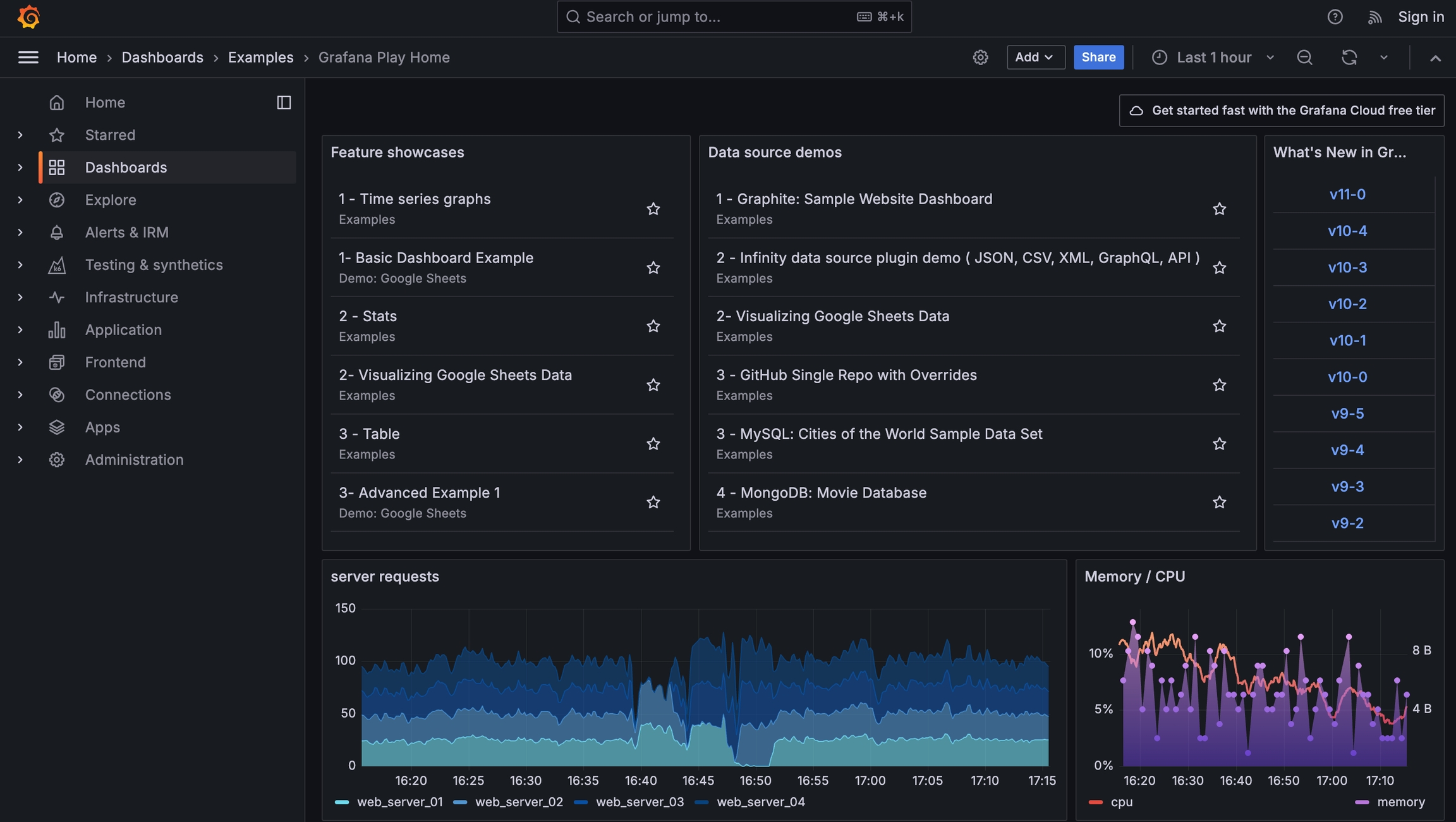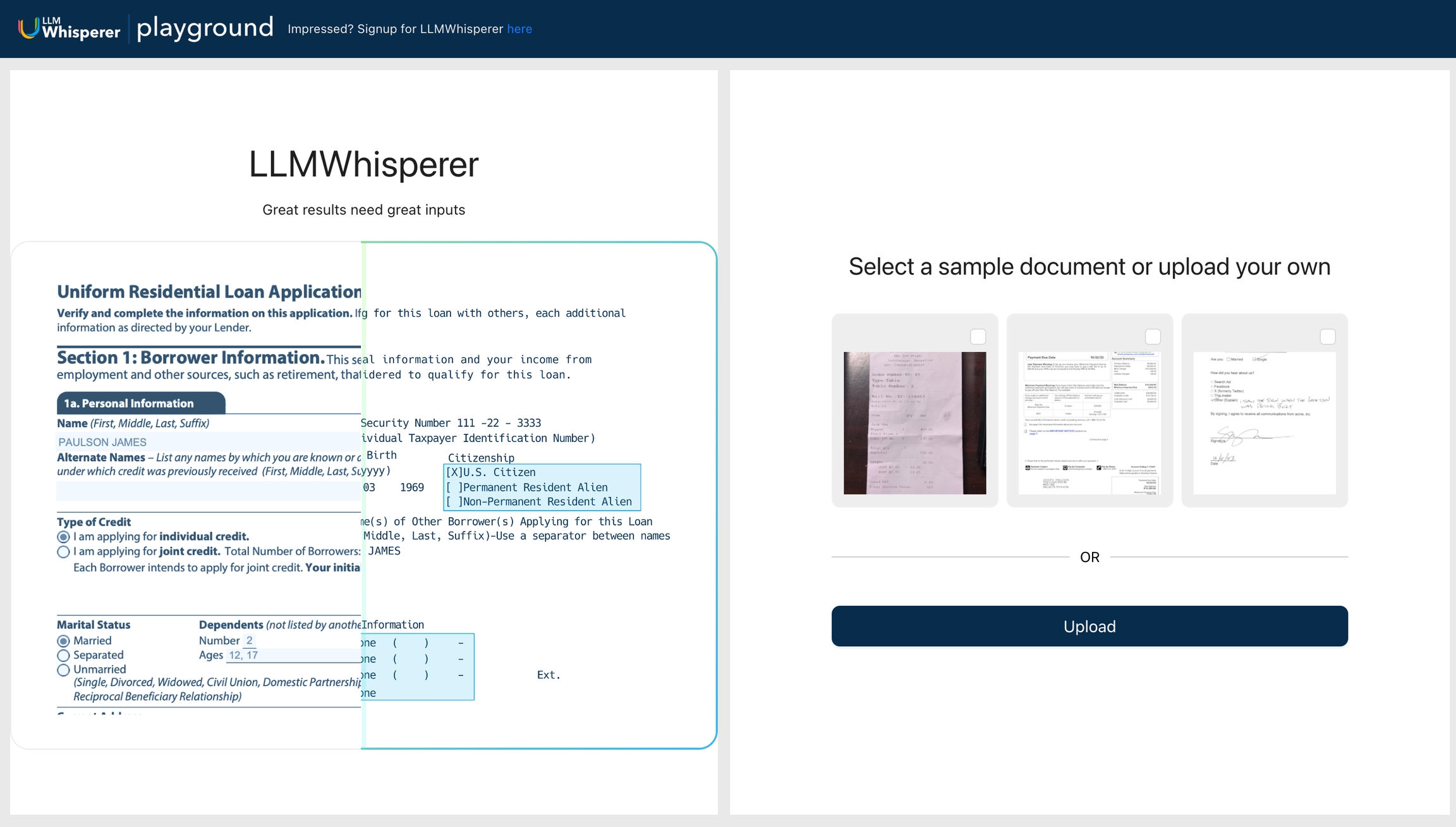👨💻Developer traits
Do you have any questions, need personalized guidance, or want to share your journey in this playbook? We'd love to talk to you. Reach out to us.
Developers are uniquely empathetic
Empathy helps developers create better products, communicate more clearly, collaborate more smoothly, and support their users and colleagues. In developer communities, you'll find a culture of mutual assistance. Developers are usually willing to:
Help identify and fix bugs
Be patient and understanding during support and feature development - especially if they're your early champions
Provide valuable feedback to improve the product
Developers are community-driven & active sharers
When you become part of online developer communities, you quickly realize how much they value transparency and mutual assistance. If you offer genuine value with your honest, high-quality products, developers are likely to become enthusiastic advocates, spreading the word through organic, word-of-mouth "marketing."
When developers are considering new tools or solutions, they're proactive in their search. They scour the web and tech communities like Hacker News, Product Hunt, Stack Overflow, or Reddit, meticulously examining peer reviews to determine if a new solution merits their attention. For marketers, establishing a consistent presence in these channels and investing in community engagement is crucial.
Developers are the best people at marketing to developers
Because of that devs are the best (dev) marketers. Influencer marketing (even if no dev would ever call it that) is huge in the developer world.
Sales 101: People buy from those they trust. For developers, that trust lies with their peers, not marketers. To reach them, focus on word of mouth, Reddit, Slack, and recommendations from respected experts.
"Developers want to trust a product before they invest in it. Building developer trust doesn't happen overnight; it requires demonstrating reliability, a developer-first approach, and superior user experience." - Developer Advocate at Hashnode
Developers are famously loyal (atleast to products 😄)
If developers adore your product, they'll spread the word in their communities. Since they're practically online around the clock, developers are highly active in online communities, seeking help and solving problems with fellow peers.
"If I like the application or something, I tend to pay it. If someone nudges me very much to specifically to pay up, I'll be very hesitant." - Backend Engineer at Visa
Knowledge is their ultimate currency - they love building and learning
Open-source software gives us a clue about what developers really care about. These communities thrive without needing a lot of money because everyone shares their work for free. When one person helps out, everyone benefits, as long as others do the same. Developers like helping each other because building software is super complicated, and no one knows everything. They're always learning and teaching through things like open source, online chats, and checking each other's code.
Knowledge is the developer's currency. When we push a product rather than explain a problem, it's going to get rejected at the register.
Most developer tools are used by teams, not just one person. So, to get a team to use a tool, they have to really trust it. And that trust takes time to build. It means being part of the community, always learning, and showing you're reliable.
Developers HATE marketing
Developers often resist typical marketing tactics. They're more technical and practical than regular consumers or business prospects. They easily spot marketing buzzwords and fluff, which can lead to skepticism and mistrust.
For developers, the most effective content is documentation. Good documentation significantly impacts their decision to use a product. Developers often avoid marketing-heavy websites and rely on documentation for honest, objective information. It needs to be genuine, concise, and factual, offering real insights.
When writing for developers, focus on authenticity. Your content should be real and practical. Use your product to show what it can do and how it benefits developers, keeping everything straightforward and useful.
"If they start spamming me with all their emails, that is a red flag for me." - Backend Engineer at Visa
If you are not authentic, you will lose their trust and they will:
not read your emails
not read your website
not read your "product announcements"
not want to talk to anyone who is not on the technical side of the team
Practical nature
Developers are busy, practical problem-solvers who want quick and easy solutions. They prefer straightforward information without unnecessary fluff. Too many adjectives and narratives in your marketing won't help them. Instead, focus on clear and practical messaging, a tone of voice that resonates with their direct approach, and an efficient user experience, especially at the top of the funnel.
Show me how it's working. Give me a snippet where I can copy paste, put it and get started. Don't like the philosophies and the mission statement, I don't care." - Senior Engineer at Appsmith
Learning by doing
Developers are curious self-starters, always seeking to improve their workflows and productivity. They prefer to learn new tools and apps by trying out a minimum viable product (MVP) in a demo environment. This means your user experience (UX) should be entirely self-serve - in most cases.
Rational introverts
are often introverted and enjoy solving complex problems but might avoid talking to salespeople. They may also feel uncomfortable pitching a new solution to their manager. To accommodate this, minimize contact with your sales team and provide them with tools to make a successful internal pitch when they've decided to adopt your product.
Developers prefer trying out a product, building with it, and seeing how it works rather than talking to a "product expert." You'll be more successful with a self-serve approach, offering freemium options, sandbox environments, or public projects. Ensure you have excellent documentation and examples. Let developers explore themselves.
Developers want to try before they buy
Devs want to experience what your tool can do quickly and with no strings attached.
Developers are skeptical and want proof that your product works as advertised. That's why freemium offers, sandbox projects, and example apps are so effective. If you don't provide these options and require an email sign-up, developers will:
Not sign up to try your product
Use fake email addresses and other workarounds because they value their privacy and time
"I generally expect the app to give a free trial or something first to let me try it and once if it is really good, I have no problem to pay it." - Backend Engineer
"When working with other Devtool companies, we always ask for a free trial. Our team will coordinate with their sales team to determine one month worth of free trial. If we like the product, then we will buy it." - Senior Engineer at Raft
Example: Unstract
Unstract has a free Playground where anyone can use their product, LLMWhisperer, without needing to sign up or provide any details. You can process up to 100 pages a day for free. This easy access has been great for getting new users and showing how useful the product is without any hassle. By letting people try it out with no strings attached, Unstract makes it easy for users to see the benefits and accuracy of LLMWhisperer, encouraging more people to give it a try and trust the product.
Example: Grafana
Check it out here - https://play.grafana.org/

Was this helpful?
